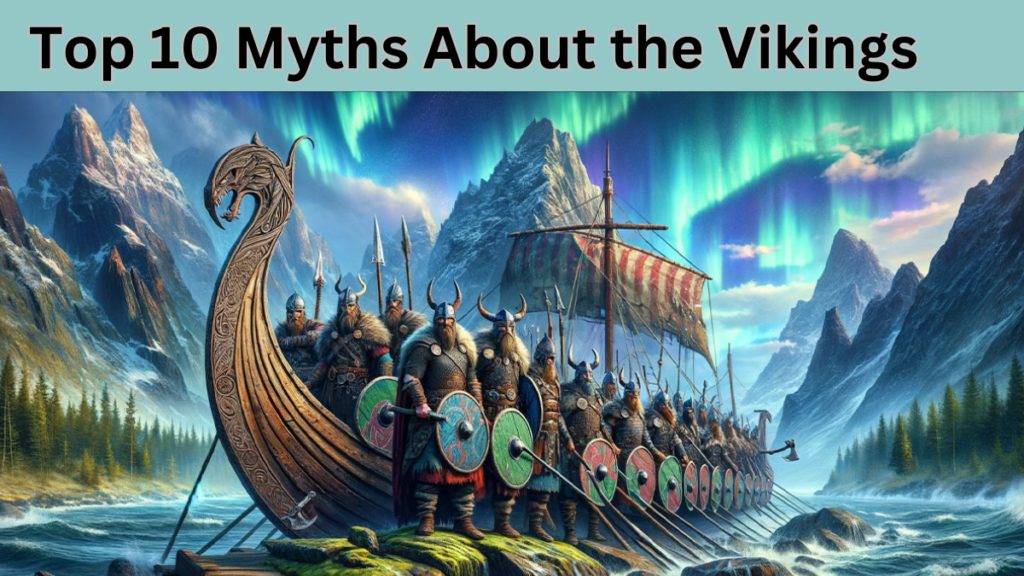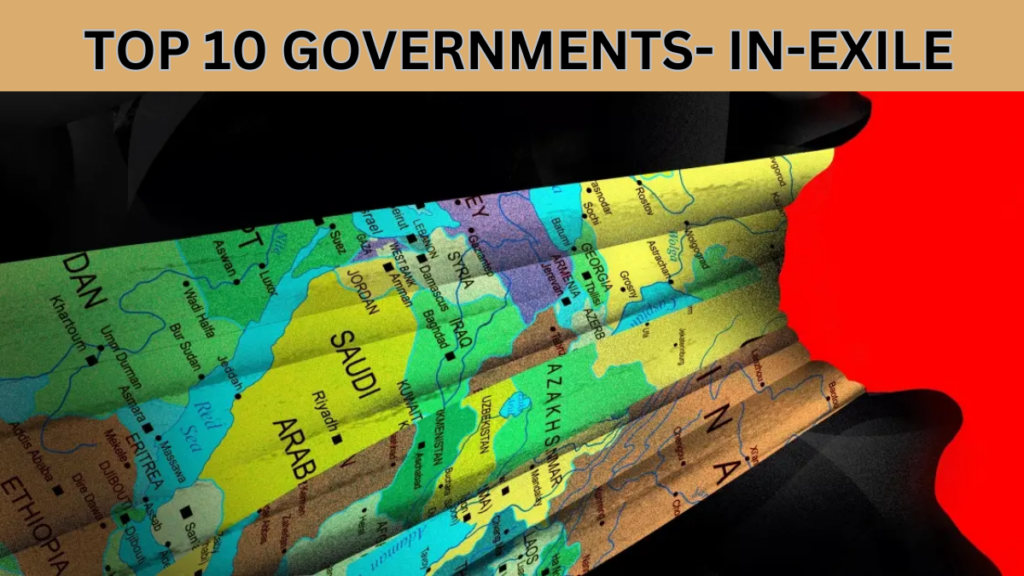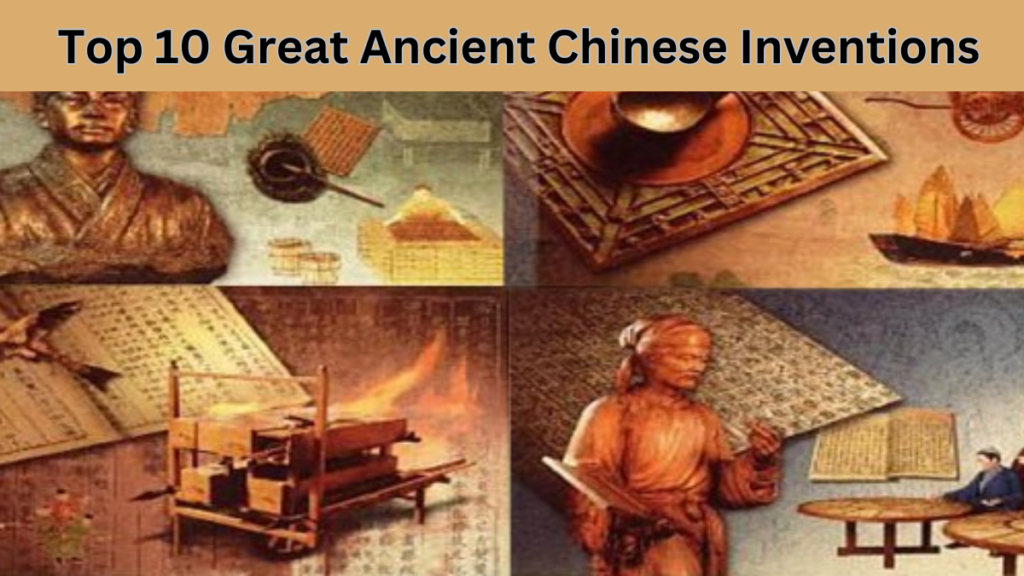TOP 10 LESSER-USED OR KNOWN FORMS OF GOVERNMENT
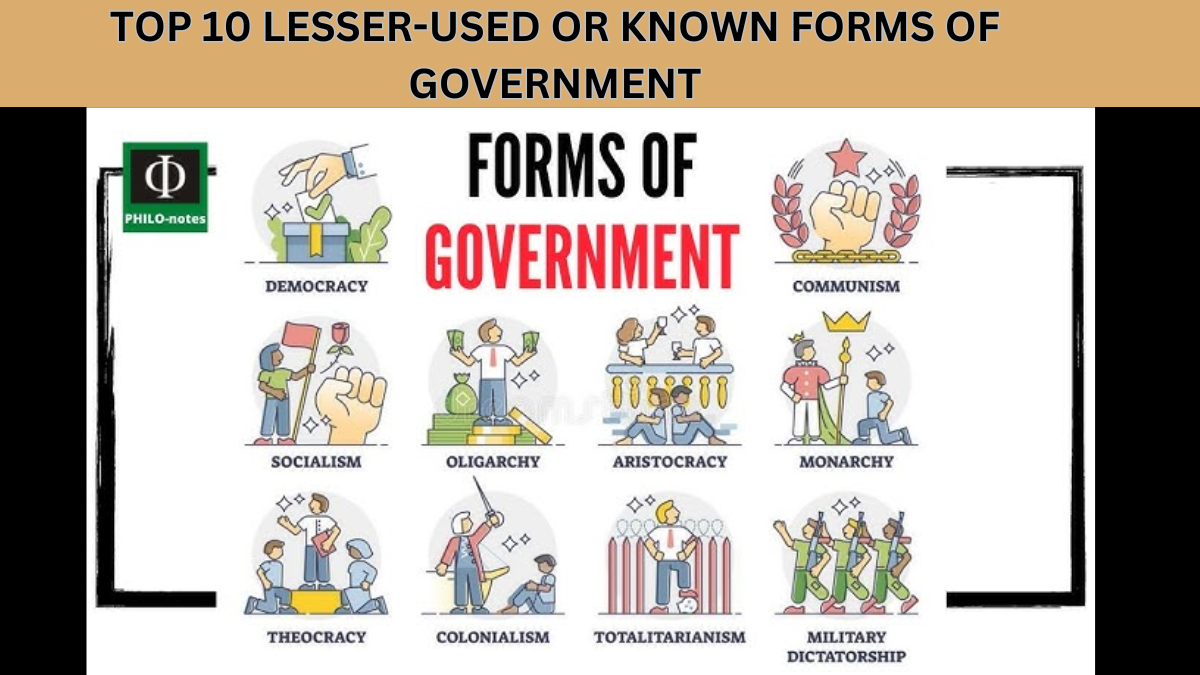
Discover the top 10 lesser-known forms of government, from demarchy, where citizens are randomly selected to govern, to technocracy led by experts. Explore intriguing systems like kleptocracy, theocracy, and totalitarianism, each with unique principles and historical relevance.
1. DEMARCHY—RULED BY PEOPLE
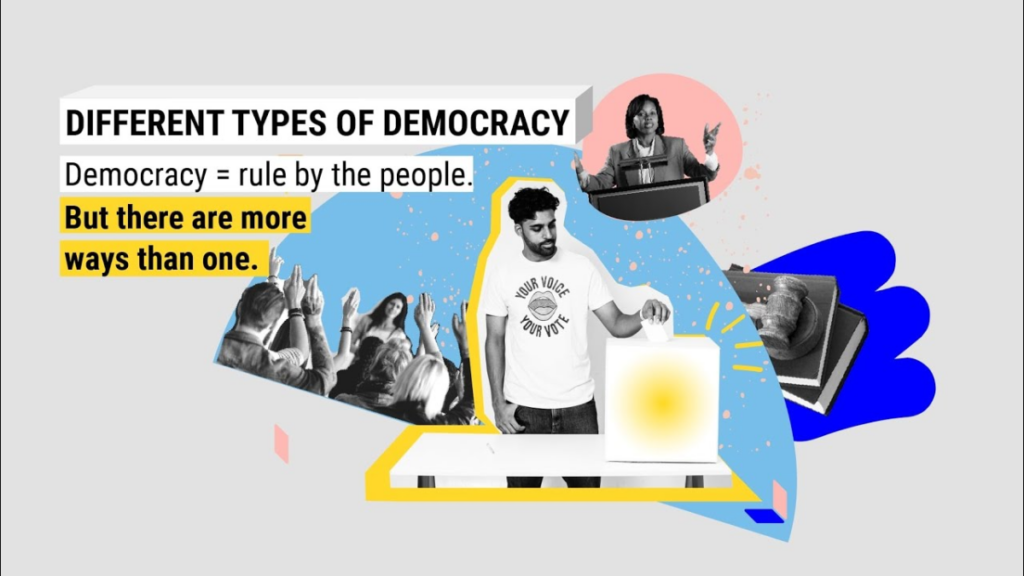
A demarchy is a government where randomly selected citizens form a “citizen’s jury” to make decisions, eliminating the need for elections. Proposed by philosopher John Burnheim, it aims to avoid political corruption by removing career politicians from governance and focusing only on the well-being of the population. Although it has never been implemented, it promises a system where leaders act independently of political interests
2. TECHNOCRACY—GOVERNED TECHNICAL DECISION MAKING
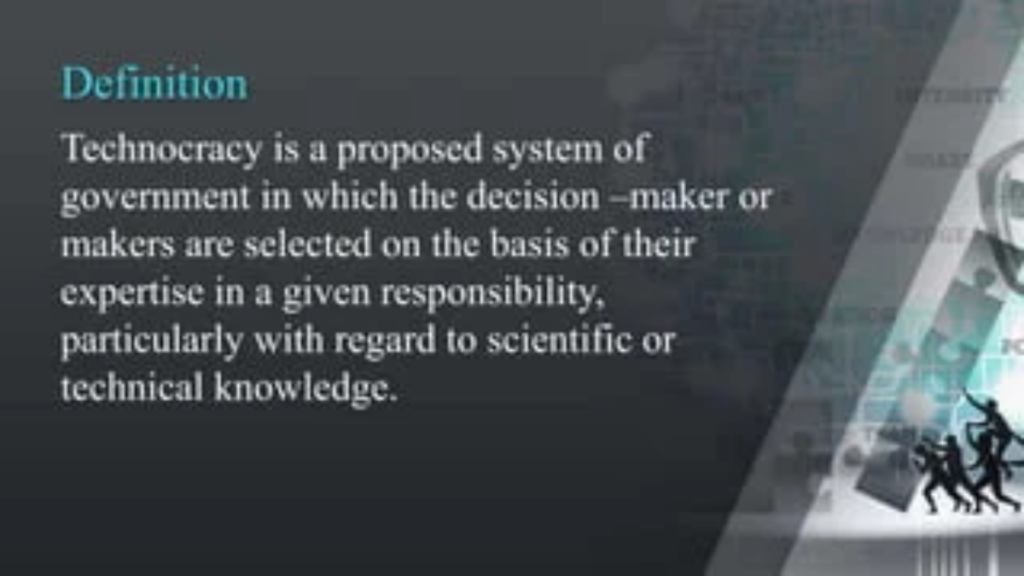
Technocracy places power in the hands of experts, such as scientists and engineers, who are responsible for decisions within their fields. Officials are chosen based on merit and technical knowledge, ensuring optimal efficiency. A technocratic North America has been proposed, using “energy accounting” instead of currency to create an efficient economy.
3. LOGOCRACY—RULED BY WORDS
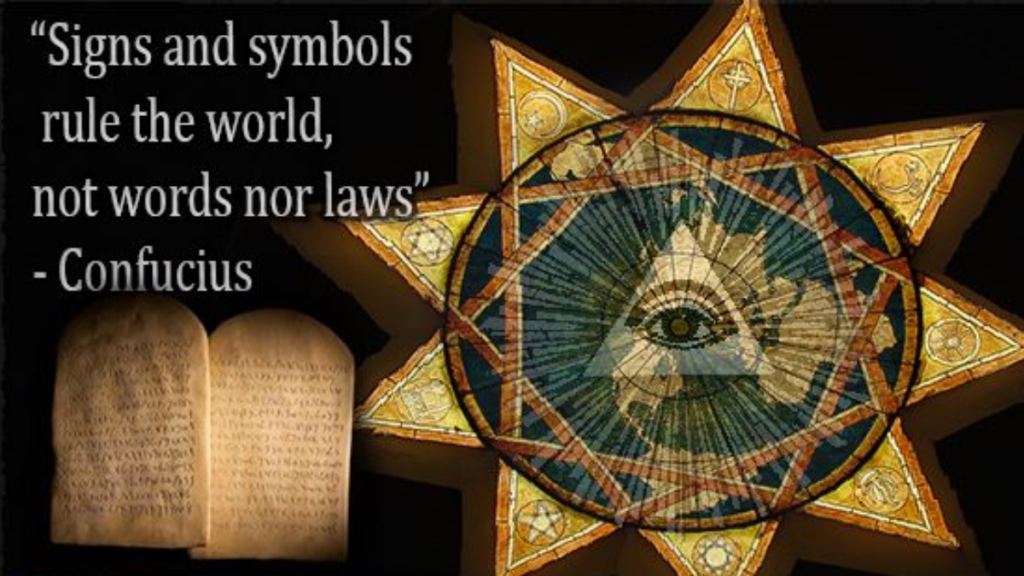
A logocracy is a system where language is used to manipulate and control the populace. Washington Irving coined the term in 1807, and it has been associated with regimes like the Soviet Union, where propaganda and jargon controlled collective thought. Orwell’s 1984 uses this concept with “Newspeak,” portraying how language can limit independent thinking.
4. PLUTOCRACY—RULED BY WEALTHY
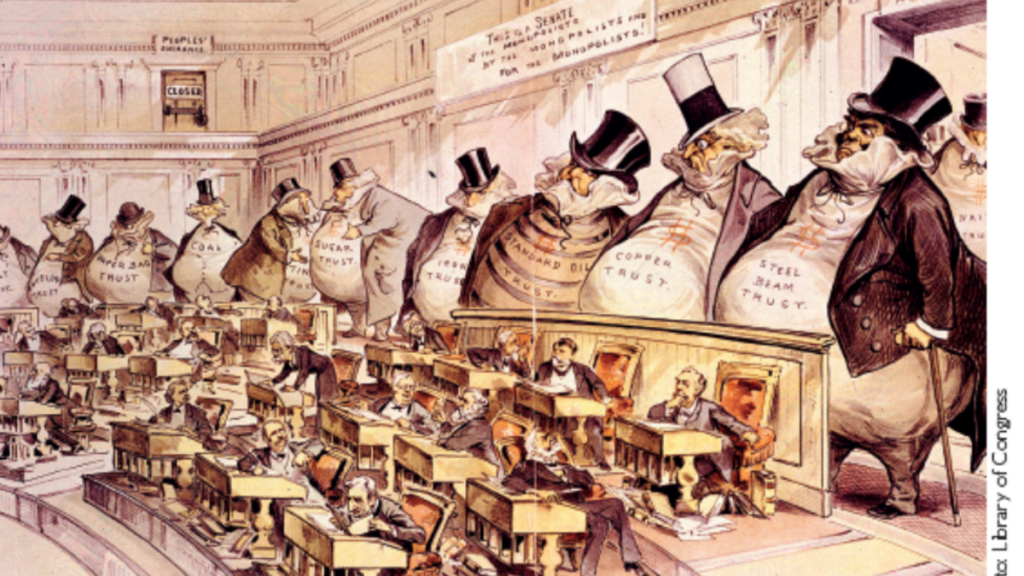
A plutocracy is a government controlled by the wealthy elite, often at the expense of the general population. Historical examples include ancient Greece and the Italian merchant republics of Venice and Florence. Although no modern state openly declares itself a plutocracy, corporate influence over politics reflects similar patterns.
5. KLEPTOCRACY—RULED BY THIEVES
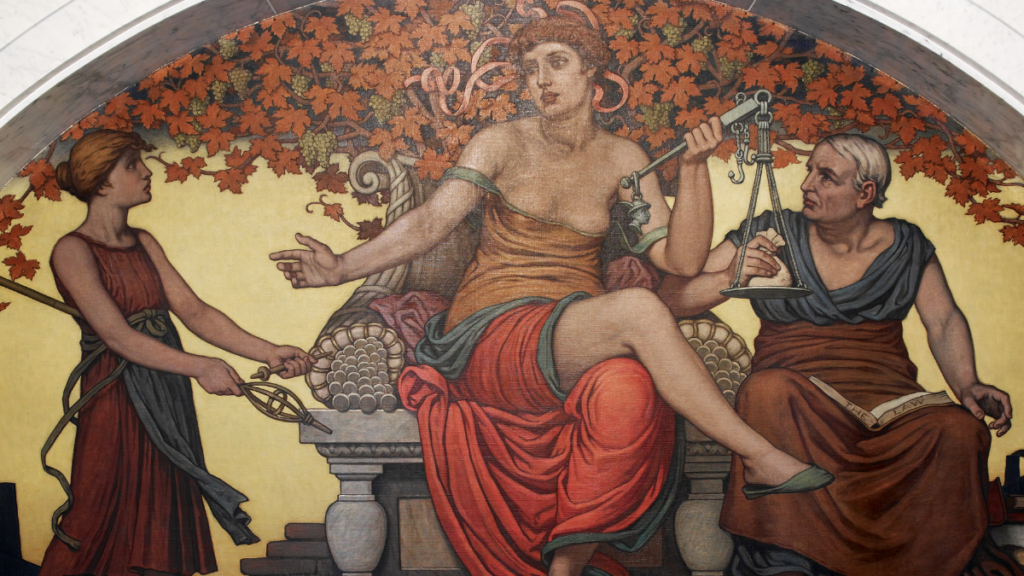
Kleptocracy refers to a system where leaders enrich themselves by embezzling public funds. In such regimes, wealth is concentrated in the hands of a few, while essential services deteriorate. Some notorious kleptocrats include leaders from Indonesia and the Philippines. “Narcokleptocracy” further extends this idea to drug-fueled economies.
6. ETHNOCRACY—RULED BY RACE
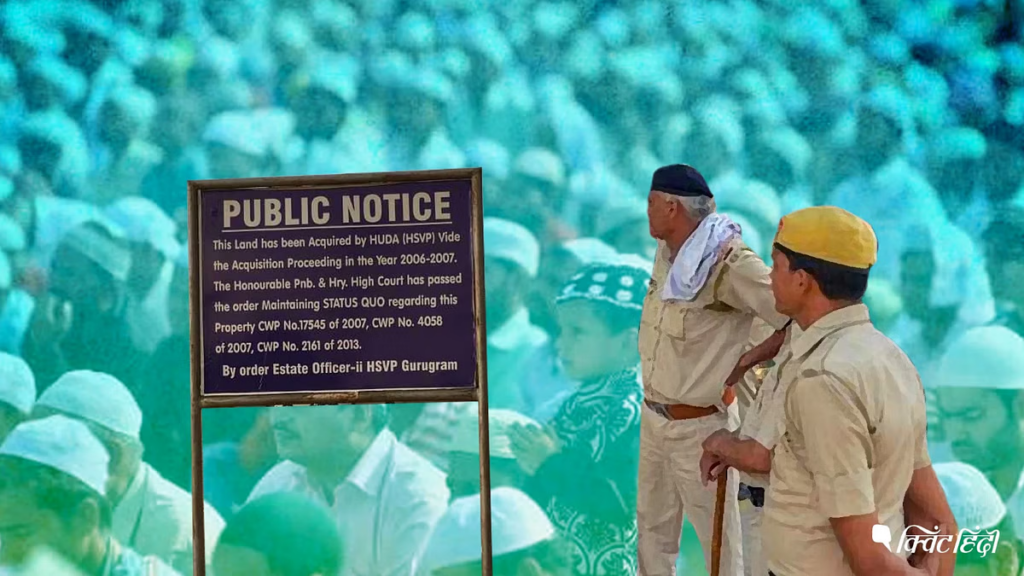
Ethnocracy prioritizes a particular ethnic or religious group’s dominance in governance. Although it can coexist with democracy, it often leads to discrimination. Examples include Uganda’s discrimination against Indian citizens, Israel’s preferential treatment of certain groups, and apartheid South Africa.
7. MINARCHISM—MINIMAL STATISM
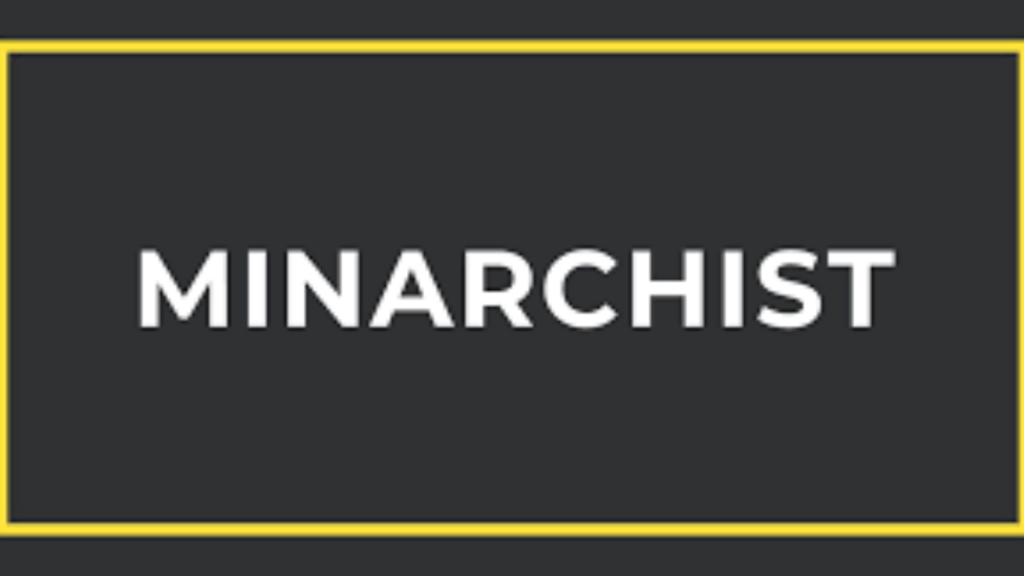
Minarchism advocates for minimal government intervention, limited to essential services like courts, police, and military. Minarchists argue for local governance and personal freedom, allowing individuals to switch jurisdictions easily. Although related to anarchism, minarchism acknowledges that some government presence is inevitable.
8. EXILARCHY—RULED BY ETHNIC OR RELIGIOUS DIASPORA
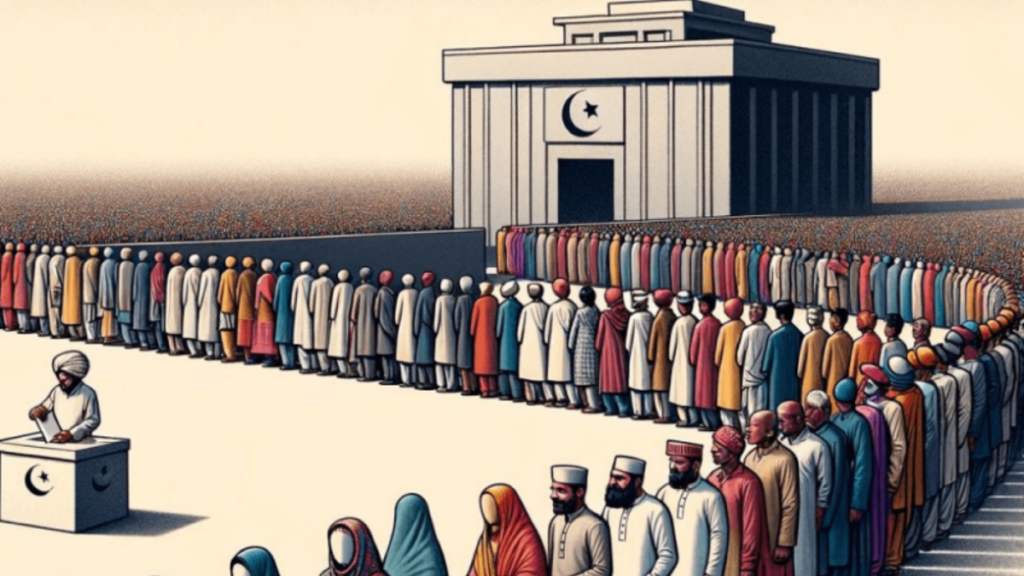
In an exilarchy, a leader governs a dispersed community rather than a territorial state. The power is cultural and symbolic, extending only to the community’s members. Examples include the Dalai Lama’s leadership over the Tibetan diaspora and the Reish Galuta’s authority over Jewish exiles in ancient Babylon.
9. THEOCRACY—RULED BY GOD
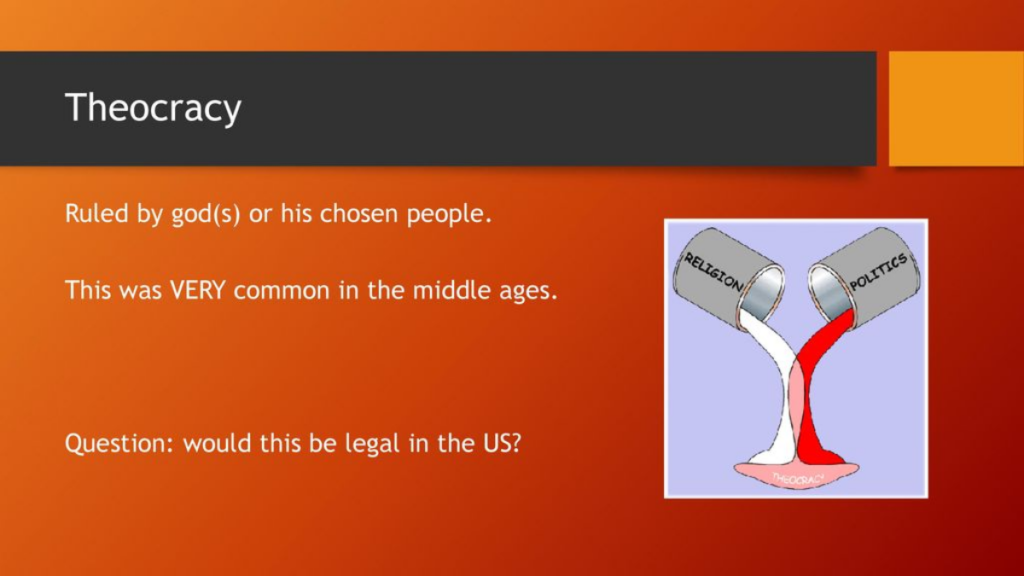
A theocracy is governed by religious leaders or institutions claiming divine guidance. Laws are derived from religious teachings, as seen in Vatican City (a theocratic monarchy), Saudi Arabia, and Iran. Variants include ecclesiocracy, where religious leaders do not claim direct divine inspiration but enforce religious laws.
10. TOTALITARIANISM—TOTAL RULE
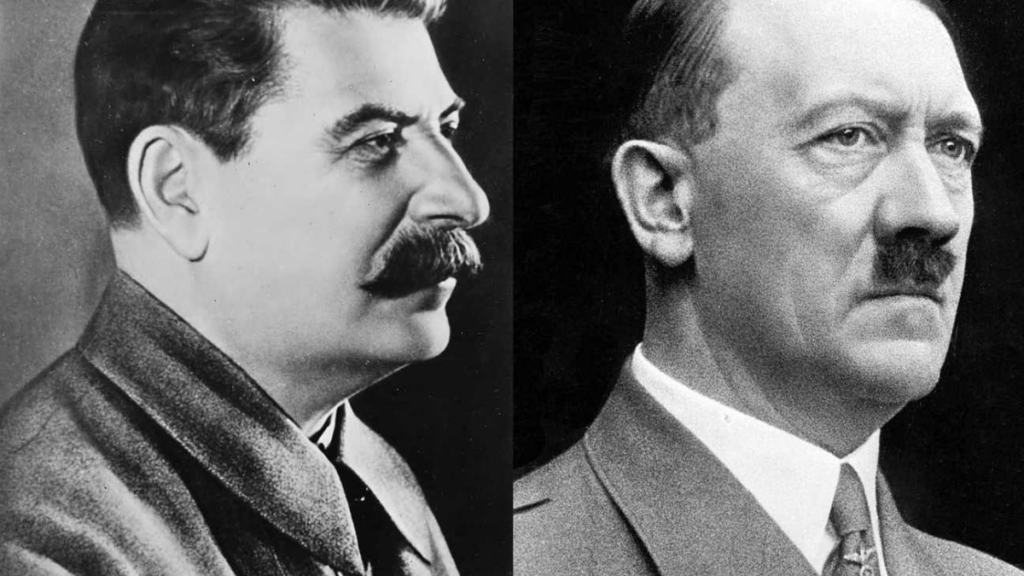
Totalitarianism involves an all-encompassing ideology controlling every aspect of life. Leaders often employ propaganda, surveillance, and terror to maintain authority. Historical examples include Nazi Germany and the Soviet Union. George Orwell’s 1984 portrays a dystopian totalitarian society where freedom and individuality are suppressed.
